Having anxiety can have many reasons, but what is the biggest cause of anxiety? Knowing the answer to this question will help you tackle this emotionally and physically debilitating disease better.
Anxiety is an apprehension of experiencing fear in the future. The danger feared isn’t imminent and may not even be known or realistic.
In contrast, fear is an emotional and physical reaction to a present, known threat. Anxiety is typically characterized by obsessive worry and an inability to concentrate that may affect our sleep.
It can trigger a full-blown fight-flight-or-freeze response of our sympathetic nervous system that prepares us to meet real danger; however, a big difference between fear and anxiety is that because anxiety is an emotional response to something that hasn’t occurred, there is nothing to fight or flee. Therefore, tension builds up inside our body, but there is no action we can take to release it. Instead, our mind goes round and round, replaying possibilities and scenarios.
Symptoms
Physical symptoms can still include any of the following:
- Increased heart rate
- Numbness or tingling in hands or feet
- Perspiration
- Shortness of breath
- Tunnel vision
- Nausea or diarrhea
- Dry mouth
- Dizziness
- Restlessness
- Muscle tension
When excessive, unrealistic worry persists about two or more things for at least six months and is accompanied by at least three of these symptoms: irritability, fatigue, difficulty concentrating, sleep problems, or the last two listed above.
Related: 11 Unusual Things You Do Because Of Your Anxiety
In some cases, anxiety can manifest in specific phobias that are inappropriate to the specific situation, or in a panic disorder, where we feel the sudden, unprovoked terror that can cause chest pain and a choking sensation and be mistaken for a heart attack.
When I was hit while driving by an oncoming car, in the moments before impact, I felt terror and didn’t expect to survive the crash. For about a month afterward, I felt anxiety about driving and drove slower and more cautiously. This was a traumatic event, but eventually, my anxiety passed.
Shame anxiety
Abuse and trauma, including major losses, are considered foremost causes of anxiety.
We can feel anxiety about our finances or serious medical diagnosis, but most anxiety is shame anxiety, which is apprehension about experiencing shame. It’s caused by traumatic shame that has been internalized from the past, usually from childhood.
Shame anxiety affects our self-esteem. We worry about what we say, how well we perform, and how we’re perceived by others. It can make us very sensitive to real or imagined criticism from ourselves or others. Shame anxiety may manifest as social phobia or in symptoms of codependency, such as controlling behavior, people-pleasing, perfectionism, fear of abandonment, or obsessions about another person or addiction.
Worry about our performance on the job, an exam, or speaking before a group is apprehension about how we’ll be evaluated or judged. Whereas men are more vulnerable to shame anxiety about the loss of work, women worry more about their appearance and relationships. Men, in particular, have shame anxiety about failing or not being a good provider. Perfectionism, too, is an attempt to achieve an imaginary ideal in an attempt to be accepted by others.
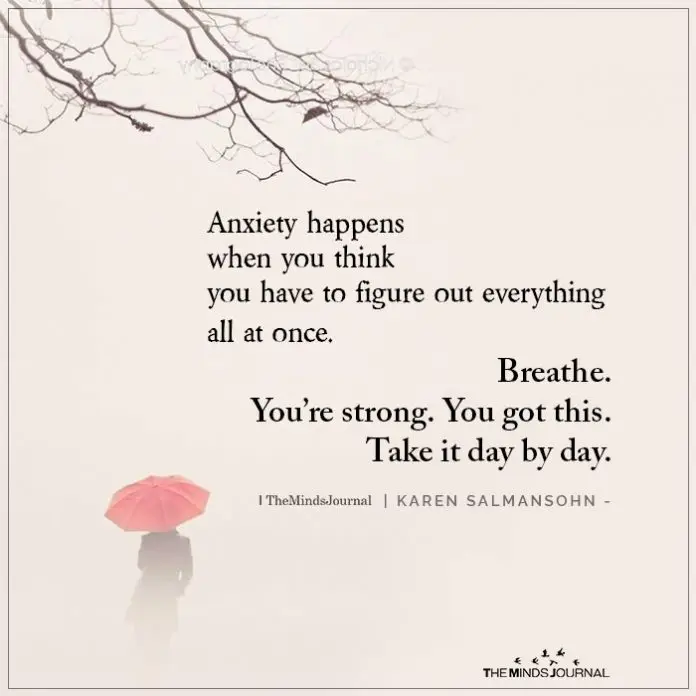
Emotional abandonment
Shame anxiety and abandonment go hand-in-hand. Loss of physical closeness due to death, divorce, or illness is also felt like emotional abandonment. When we’re physically left, even briefly, we can blame ourselves and believe it’s due to something we did “wrong.” Yet, shame anxiety about abandonment has nothing to do with proximity. It happens whenever we perceive that someone we care about may not like or love us.
We assume that we’re being rejected because in some way we’re inadequate or inferior, triggering deep beliefs that we’re basically unlovable. Even the passing of a loved one can activate feelings of emotional abandonment from childhood and cause shame about how our behavior prior to death.
Related: Anxiety Disorders Could Be Caused By Being Exposed To Narcissistic Abuse
If we’ve suffered emotional abandonment in the past, particularly in childhood, we can have anxiety about experiencing it in the future. We worry others are judging us or upset with us. If we have an emotionally or physically abusive partner, we’re liable to be “walking on eggshells,” anxious about displeasing him or her. This reaction is typical when living with a practicing addict, narcissist, or someone bipolar or with a borderline disorder.
It’s also common among children of addicts or those who grew up in a dysfunctional family where emotional abuse, including control or criticism, was common. When we live in such an environment for years, we may not realize we’re anxious. The state of hypervigilance becomes so constant, we can take it for granted. Anxiety and accompanying depression are characteristics of codependents.
Treating Anxiety
Early intervention yields the best results. Psychotherapy empowers patients to reduce anxiety by changing beliefs, thoughts, and behavior throughout their lives without the side-effects of prescription drugs. Effective therapies include various forms of cognitive-behavioral techniques, such as exposure therapy, CBT, and dialectical behavioral therapy.
Other options include anti-anxiety medication and natural alternatives, such as non-drug supplements, relaxation techniques, hypnotherapy, and mindful meditation. Whereas drugs provide fast relief, the effect is mostly analgesic. Healing shame and freeing the true self-provide long-lasting reduction of anxiety by allowing us to be authentic and not worry about others’ opinions of us.
©Darlene Lancer 2017
Written by Darlene Lancer JD, MFT Originally appeared on WhatIsCodependency.com
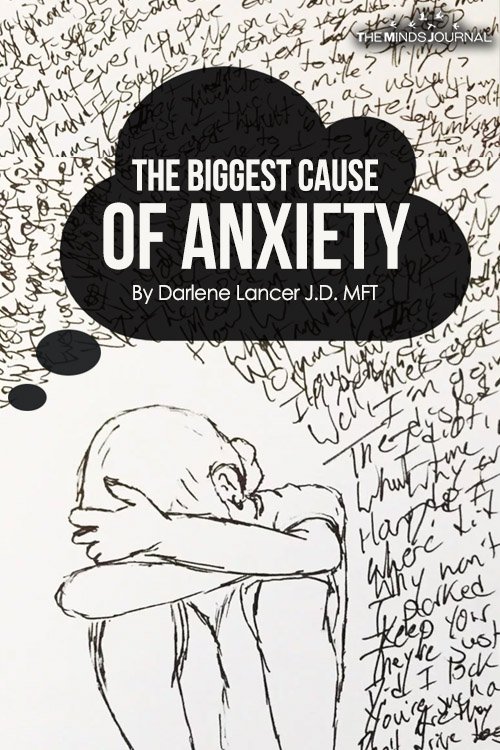
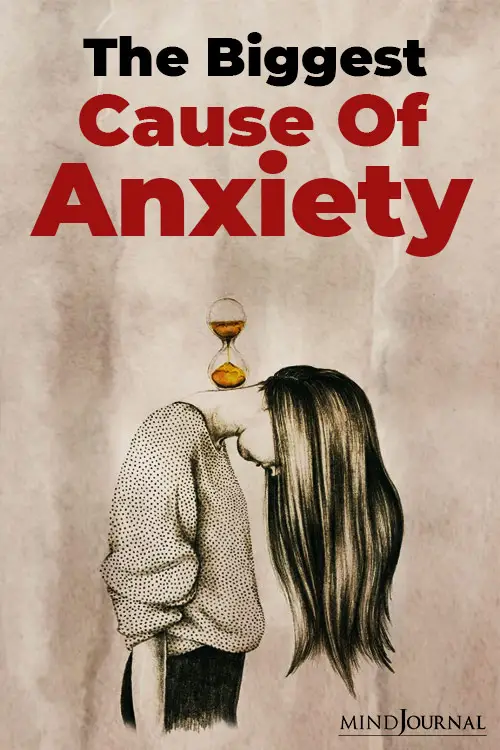
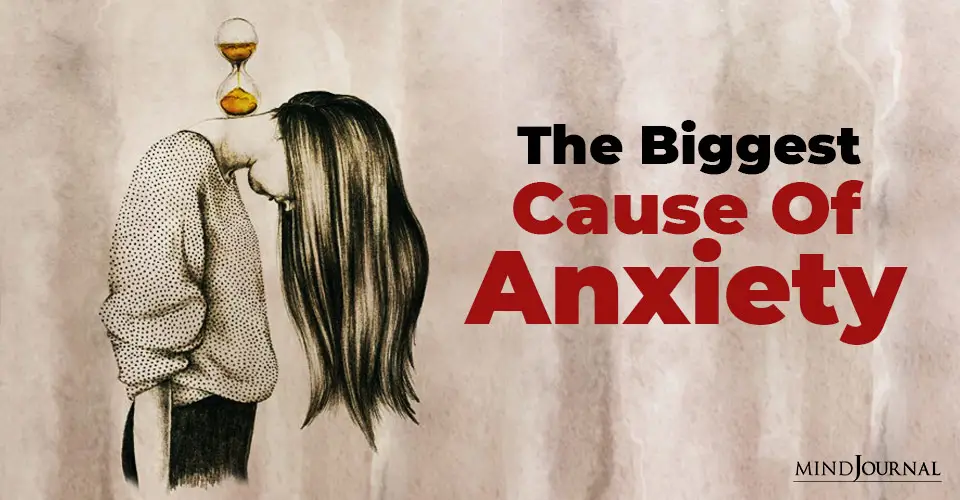
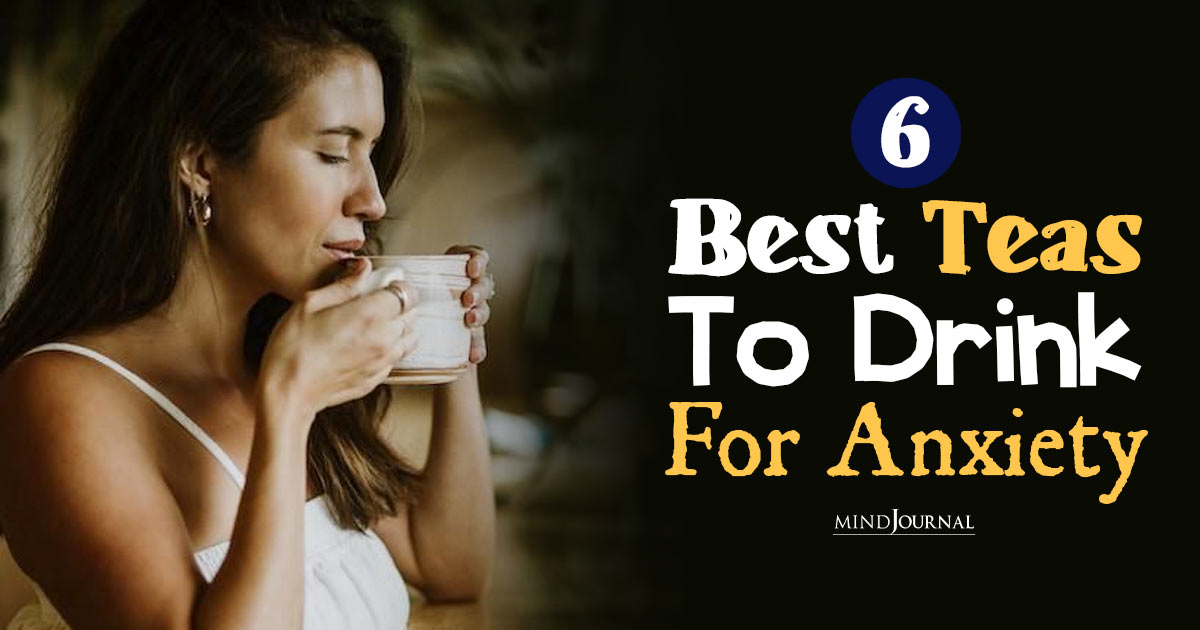
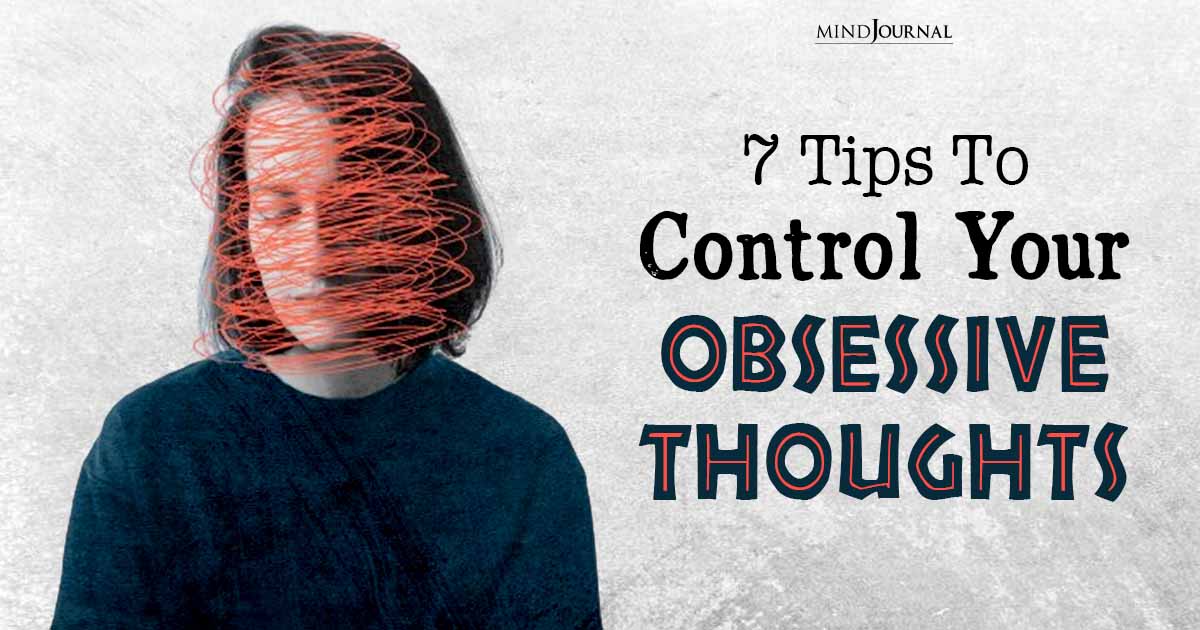
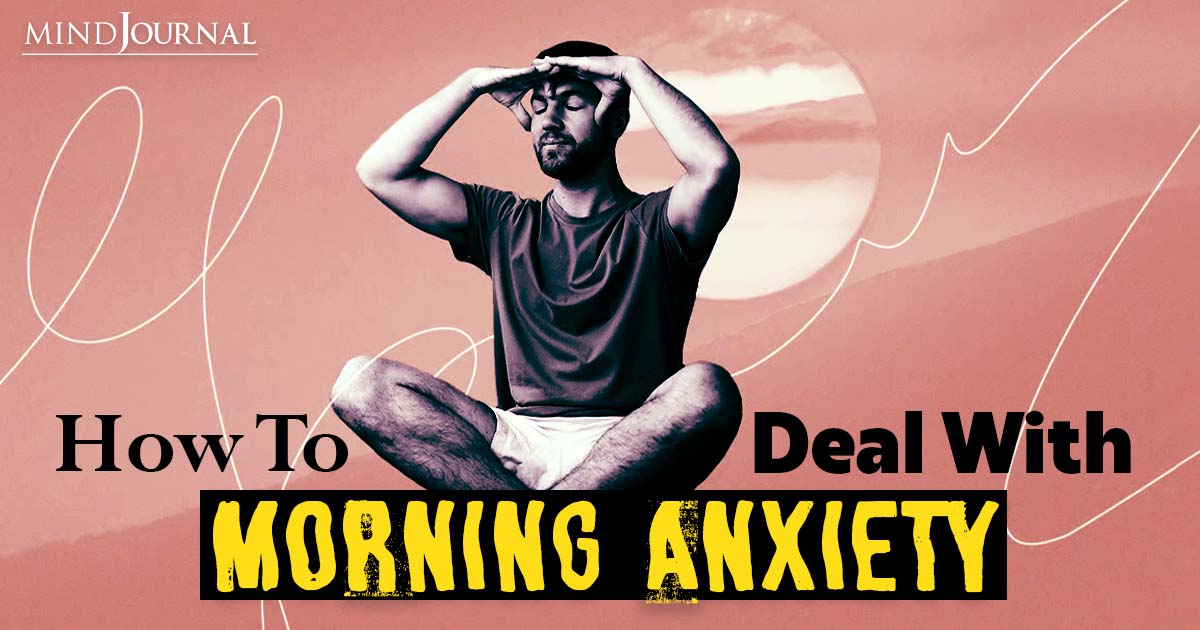
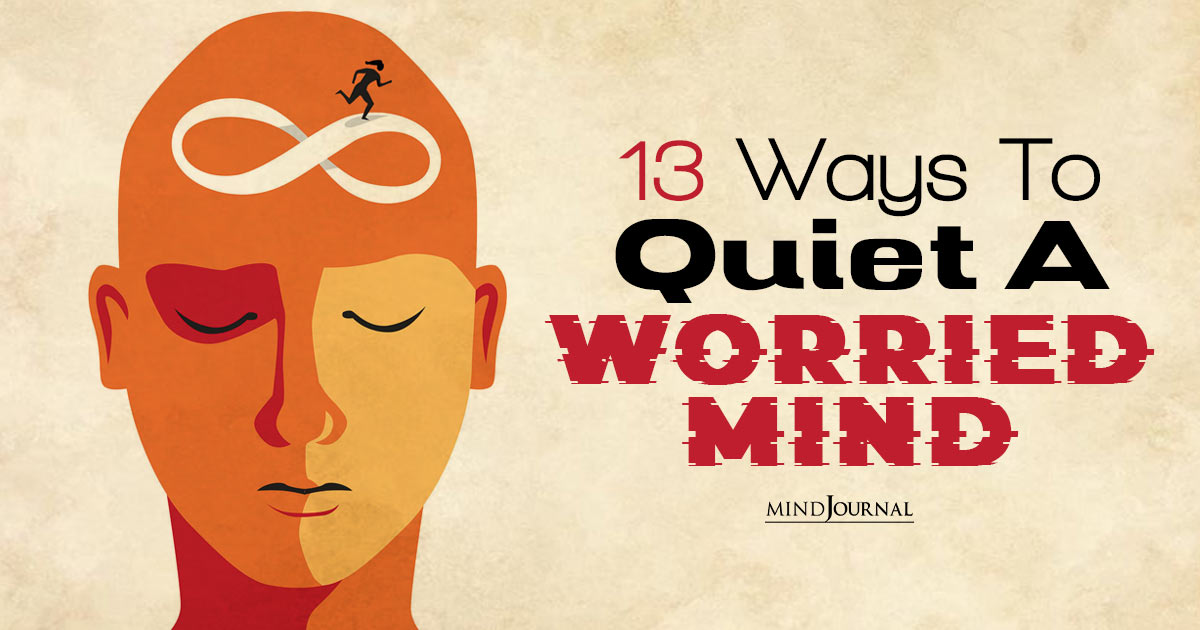
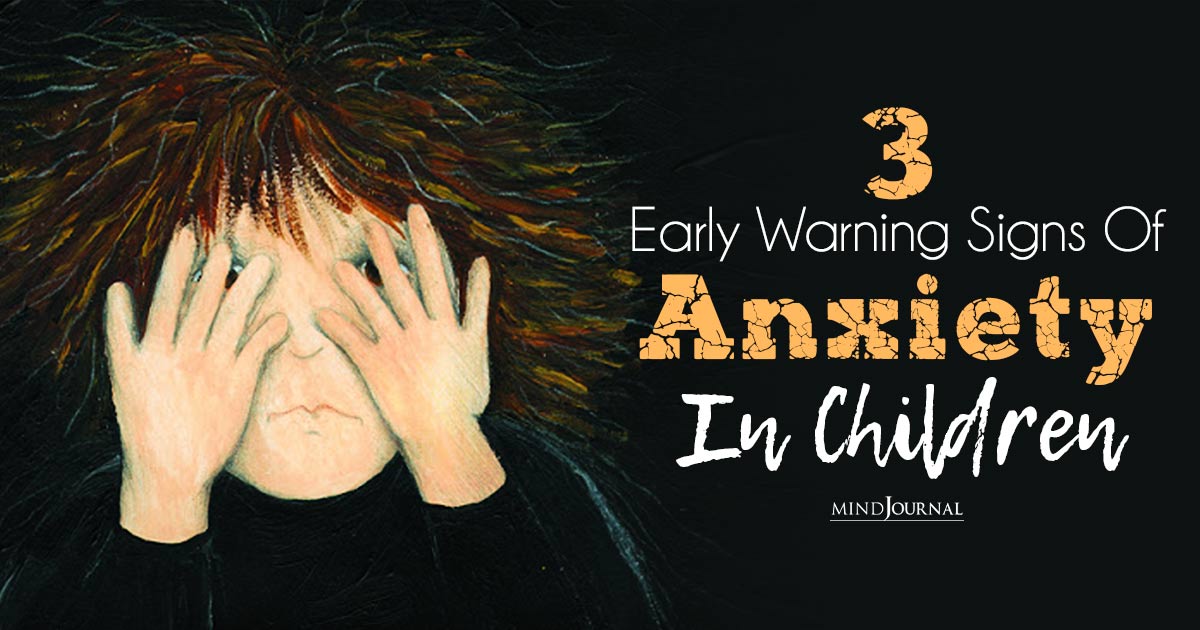
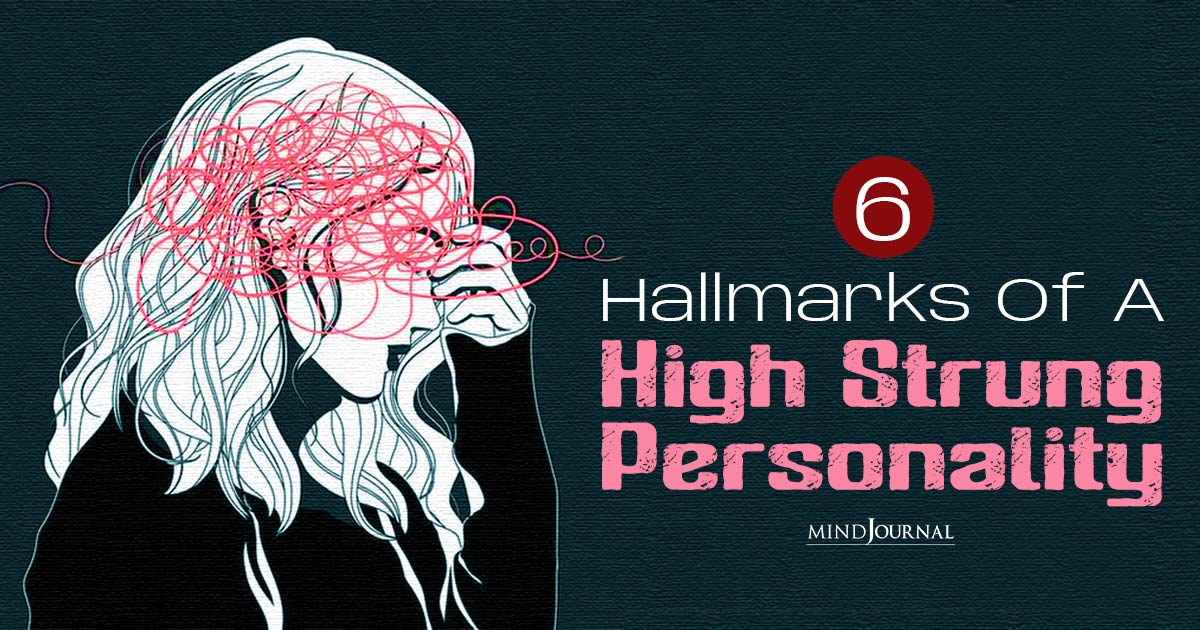
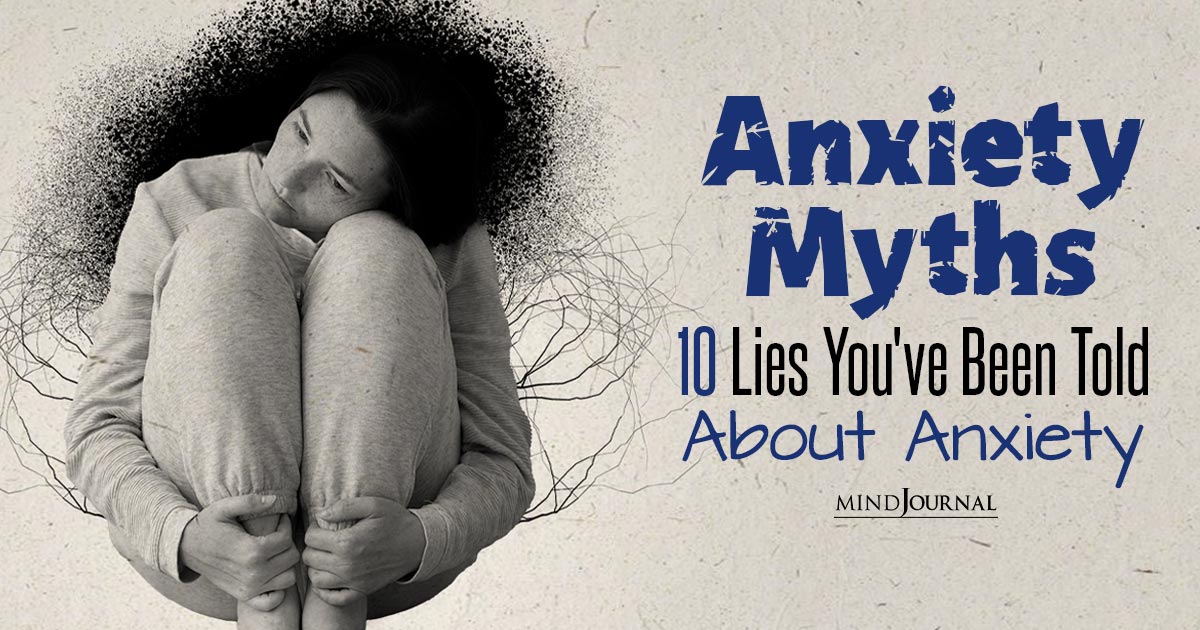
Leave a Reply
You must be logged in to post a comment.